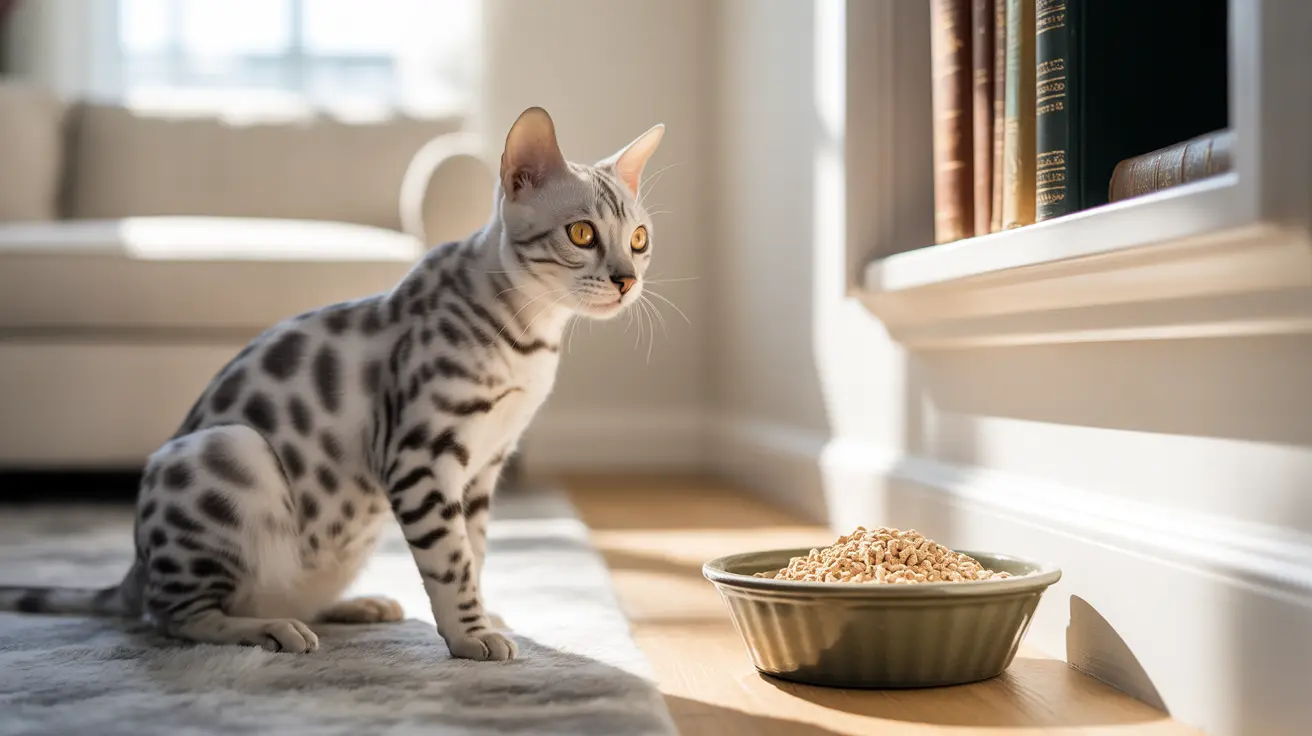If you're dealing with unwanted rodent visitors, you might have heard that cat litter can keep mice away. This natural deterrent method has gained attention as a pet-friendly alternative to traditional pest control. But does it actually work? Let's dive into the science behind using cat litter as a mouse repellent and explore its effectiveness.
Understanding how cat litter affects mouse behavior requires examining the complex relationship between predator and prey. Mice have evolved to recognize and avoid signs of feline presence, making used cat litter a potentially valuable tool in your pest control arsenal.
How Cat Litter Works as a Mouse Deterrent
The effectiveness of cat litter as a mouse repellent primarily stems from the presence of cat urine, which contains a compound called felinine. This chemical triggers a natural fear response in mice, warning them of potential predator presence in the area.
Research has shown that mice can detect even trace amounts of cat pheromones, making used cat litter particularly effective. The scent serves as a biological warning signal, potentially preventing mice from establishing territories in areas where they sense feline presence.
Limitations and Effectiveness
While cat litter can be an effective deterrent, it's important to understand its limitations. Small-scale mouse problems might respond well to this method, but larger infestations typically require more comprehensive solutions.
Several factors can impact the effectiveness of cat litter as a mouse repellent:
- Toxoplasma gondii infection in mice can eliminate their fear response to cat scents
- Some mice may become desensitized to the smell over time
- Clean or unused cat litter lacks the necessary predator scents
- Environmental factors can reduce the potency of the deterrent
Best Practices for Using Cat Litter
Proper Placement
Strategic placement is crucial for maximizing the effectiveness of cat litter as a mouse deterrent:
- Position small amounts near suspected entry points
- Place contained portions along known mouse pathways
- Focus on areas where you've noticed mouse activity
- Avoid spreading litter in food preparation areas
Maintenance and Safety
To maintain effectiveness while ensuring safety:
- Replace used litter regularly to maintain potent predator scents
- Use sealed containers or sachets to contain the litter
- Wear gloves when handling used litter
- Keep litter away from food storage and preparation areas
Complementary Prevention Methods
For optimal results, combine cat litter with other natural deterrents:
- Essential oils like peppermint and citronella
- Proper food storage in sealed containers
- Regular cleaning to eliminate food sources
- Sealing potential entry points
- Installing physical barriers
Frequently Asked Questions
Does used cat litter really keep mice away from my home?
Yes, used cat litter can help deter mice due to the presence of predator scents in cat urine. However, its effectiveness varies and works best as part of a comprehensive pest control strategy.
How should I use cat litter to effectively deter mice without harming my cat?
Place small amounts of used litter in sealed containers near suspected mouse entry points, while maintaining your cat's regular litter box separately. Never compromise your cat's hygiene for pest control purposes.
Can mice become immune to the smell of cat urine in litter over time?
Yes, some mice can become desensitized to cat scents, particularly if exposed from a young age or if infected with Toxoplasma gondii. This is why multiple deterrent methods are recommended.
Are there health risks associated with using cat litter as a mouse repellent?
Yes, used cat litter can contain harmful bacteria and parasites, including Toxoplasma gondii. Always handle with gloves and keep away from food preparation areas.
What natural alternatives can I combine with cat litter to better prevent mice infestations?
Effective natural alternatives include peppermint oil, citronella, vinegar, and cinnamon. Combine these with proper sanitation, sealed food storage, and physical barriers for best results.
Conclusion
While cat litter can serve as an effective mouse deterrent, it works best as part of a broader pest control strategy. Understanding its limitations and proper implementation is key to success. For serious infestations, always consult with pest control professionals to ensure effective and safe rodent management.






